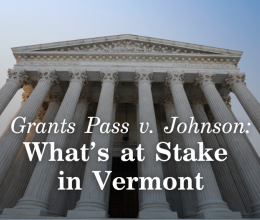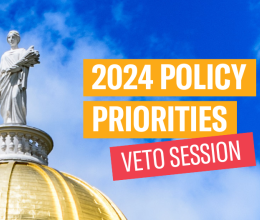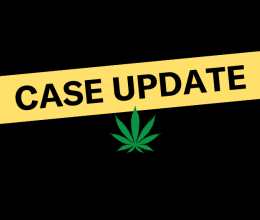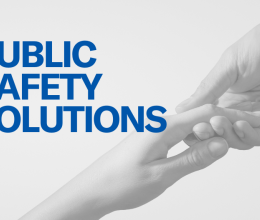
Ed Baker, a retired Licensed Alcohol/Drug Counselor of 30 years, resides in Burlington, and is himself in recovery from addiction for over 37 years. Jay Diaz is General Counsel for the ACLU of Vermont and lives in Williston.
Vermont is in the midst of a “syndemic”, a synergy of epidemics: COVID-19 and drug overdose fatalities due to opioids and stimulants. But only COVID-19 is getting the attention it deserves.
The COVID-19 pandemic has rightly seen massive investment in public health tools, like vaccines, testing, surge centers, contact tracing, and additional measures designed to prevent the spread of disease, provide care to the sick, and address health disparities. Yet, as the substance use disorder and overdose crisis has resulted in record deaths in 2020 and again in 2021, too many public health tools are being left in the toolbox.
Nationally, overdoses killed more than 100,000 people from April 2020-April 2021—the highest number ever recorded in the United States. That’s one overdose death every 5 minutes.
Last year, Vermont lost over 200 of our friends, neighbors, and family members to drug overdoses. This is an unprecedented and tragic record for overdose deaths here. The rate of death is likely to continue its acceleration throughout 2022.
Despite Vermont’s shocking number of overdose deaths, an increase of over 400% in the last 10 years, it seems as if this horrendous reality has become the “new normal.” Are we, as a state, in denial? Are we to settle for this? To embrace the shame of acquiescence?
While Vermont has made important strides to encourage needed SUD treatment, prevention, and recovery efforts, we know Vermont can do more to protect the vulnerable and prevent needless death. Our elected leaders should sound the alarm to prevent the desensitization that appears to be forming. They must also take drastic action to address this crisis now.
To curb overdose deaths, Vermont should immediately implement evidenced-based public health strategies in every corner of the state such as funding overdose prevention sites, making naloxone and fentanyl test strips ubiquitous, expanding access to sterile safe injection devices and disposal boxes, improving Good Samaritan protections for seeking emergency healthcare, and providing mobile treatment and increasing transportation access for people to receive treatment, among others. Some of these solutions are included in bills currently before the Legislature.
Thankfully, Vermont is receiving tens of millions from a court settlement with pharmaceutical opioid manufacturers that is specifically for opioid use prevention, treatment, and harm reduction. This is in addition to recently received billions in federal funds and a $300 million budget surplus. Money isn’t the problem. We just need the political will.
As a state, we must face the reality that tens of thousands of our family members, friends and neighbors use currently unregulated and sometimes contaminated drugs. Each and every one of these fellow Vermonters deserves to live a long, healthy, and fulfilling life, regardless of their substance use disorder. Sadly, we are losing too many neighbors at record rates. The longer we can help them live, the more chance they have to recover. But, the longer we wait to take common sense steps to increase access to evidence-based public health tools, the more unnecessary deaths our communities will endure.
We know what works and have the resources to make those tools available statewide. Tell your elected officials to recognize this crisis and to start using the tools at their disposal.
*A version of the post was published as an opinion editorial in Bennington Banner on February 20, 2022.



